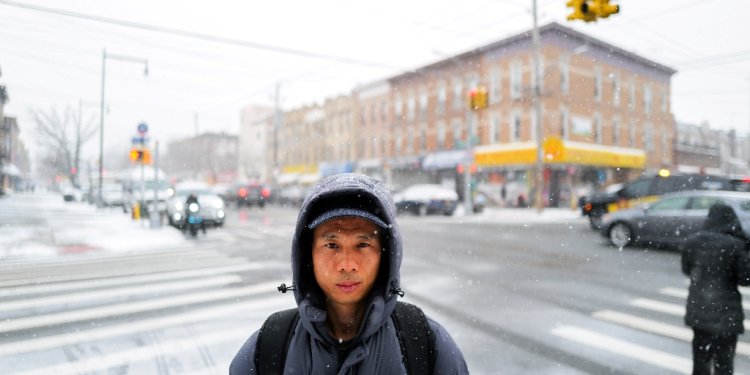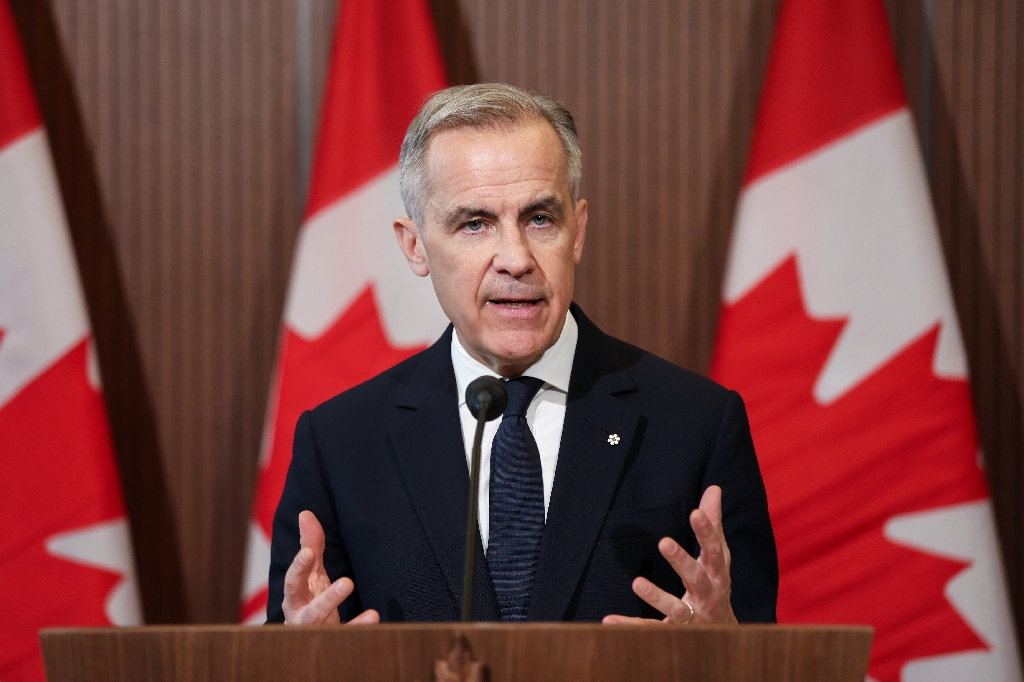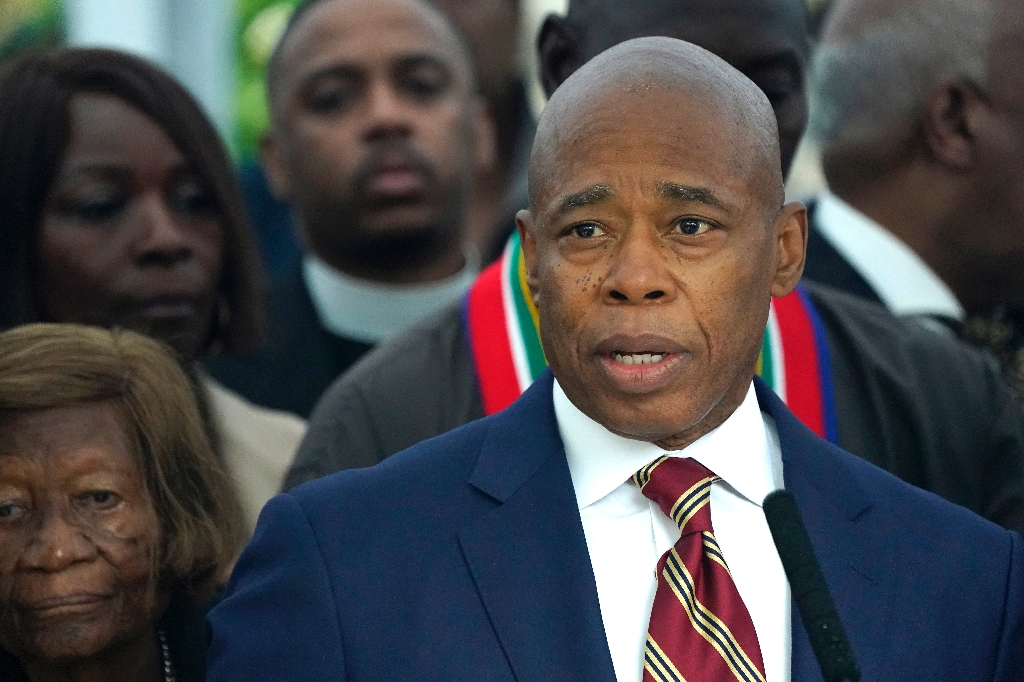(AFP) – Fear drove them out of China — over oceans and continents, through rainforests and mountains, seeking safety and opportunity in the United States. Now, as Donald Trump’s second presidency looms, Chinese asylum seekers are once again afraid. Trump, who takes power again on January 20, has vowed mass deportations backed by the military, putting the promise at the heart of his rhetoric targeting illegal immigrants on the campaign trail that helped catapult him to victory. That has left the fate of Beijing critics and others who fear persecution in China unclear.
“If I were repatriated, it would be a disaster for my family and I,” said Huang Haimin, 42, who entered the United States in early 2023. “I’m not worried; I’m fearful,” he told AFP. “I’ve been afraid for much of my life back home, but now I feel it here too.” Huang decided to leave China after sensing he might face trouble with authorities over gatherings with critics of Beijing’s zero-Covid policy, as many were at the time. Like others, he researched his journey on Douyin, China’s version of TikTok. His months-long journey to the United States passed through Turkey and Panama, before he reached Mexico and crossed the border.
“We took mountainous roads for two days. That was tough,” Huang, now in Brooklyn, said of his trek through the Darien Gap, a stretch of untamed rainforest connecting Colombia and Panama. He then became part of the surge of Chinese migrants entering the United States illegally from Mexico in 2023 — more than 37,400 were encountered by authorities that year, up from some 3,800 in 2022. Numbers have fallen again in recent months, but that did not stop Trump from voicing fears on the campaign trail last year that “military age” men from China were trying to form an “army in our country.”
– ‘Walking the line’ –
Many Chinese immigrants end up in Queens, New York, where Ma Ju started a private shelter nearly two years ago. He recalls being contacted daily by two to three new undocumented arrivals from China in early 2023, an increase from the 20 to 30 requests for help he used to receive annually. Ma, who moved to the United States in 2019, has been outspoken on Beijing’s human rights record, including in northwestern Xinjiang where Uyghurs and other Muslim minorities were said to have been incarcerated. He said: “95 percent of people I receive here ‘walked the line’.” He was using a euphemism for migrating into the United States through South America, often by walking across the Mexico border.
“I couldn’t arrange accommodation for them,” he added. “I thought it was time to find a house.” He estimates taking in more than 350 migrants since opening the shelter. Some stayed for three days and others, over a year. While many were Han, the largest ethnic group in China, there were also Christians and significant numbers from Muslim minority groups. “Everyone worries, and I worry for them,” Ma said of potential deportations under Trump. He helps new immigrants consult lawyers as they navigate asylum-seeking. Many are still awaiting court decisions on their applications.
“I tell them not to be too afraid,” he said, citing America’s separation of judicial and political powers. Currently, some asylum seekers are allowed in, as they wait for their cases to be heard in court.
– At a loss –
Kurbanjan Barat, 41, a shelter resident who left Xinjiang for Turkey before fleeing for the United States, is holding out hope. “I don’t believe that Trump would deport Uyghur refugees who came to the United States seeking asylum,” he told AFP. Washington has accused Beijing of genocide against Uyghurs and other minority groups in Xinjiang. He added that he believes Washington “will not hand over human lives that have survived and escaped danger” to an oppressive regime.
But Yang Qinxue, 36, worries Trump will act fast on immigration. He recounted entering the country by traveling through Europe to Mexico, before crossing the border with his family. “Trump might prioritize policies of dealing with illegal immigrants,” he said, noting this affects public sentiment. Yang, who said he faced pressure in China for being critical of authorities online, added that he would be at a loss if forced to leave the United States. “I’ll try my best to learn from locals humbly,” he said. “New York’s open and inclusive stance does make me feel more secure.”
– Beiyi SEOW
© 2024 AFP





